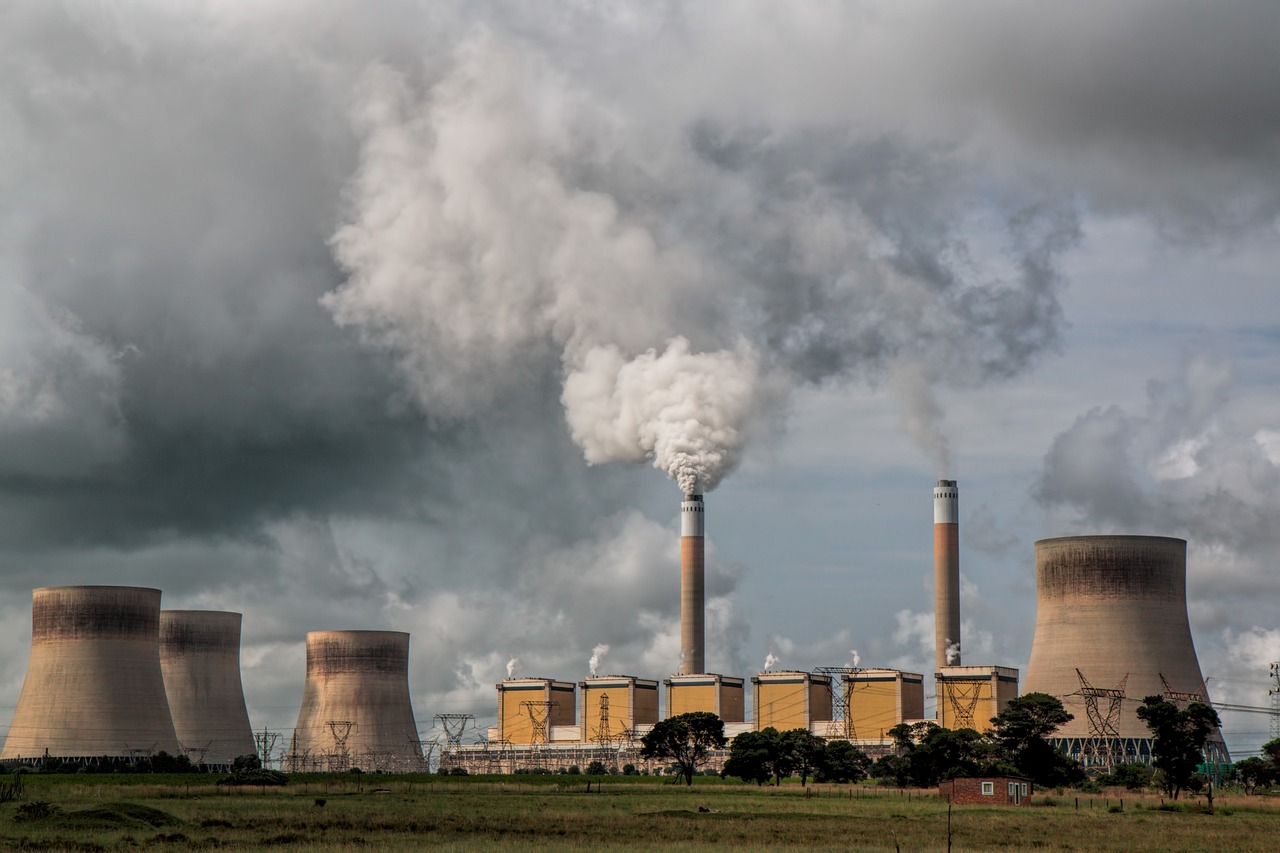A New Era in Climate Negotiations: China’s Potential Leadership
At the recent COP climate conference, a critical conversation unfolded. The chief negotiator from a leading nation expressed frustration over the stagnation of discussions, highlighting a growing sentiment among delegates that this may be the least productive COP to date. With an impending change in U.S. leadership potentially withdrawing support from international climate efforts, concerns loom large. However, amidst this uncertainty, a notable shift appears to be emerging from China.
China’s Evolving Role at COP
Historically, China has navigated a complex path in climate negotiations, at times aligning with developed nations on ambitious climate goals, while also serving as an obstacle in other discussions. The 2009 COP15 in Copenhagen exemplified this duality when China resisted U.S. demands for international monitoring of emissions, leading to a widely regarded failure of the summit.
This year’s conference, however, showcased a markedly cooperative China. According to the chief negotiator I spoke with, China’s open sharing of its climate funding commitments was unprecedented. For the first time, it publicly unveiled that since 2016, it has contributed over $24 billion to support climate initiatives in developing countries.
This announcement was a significant indicator of China’s evolving stance on global climate finance.
Recognized as a developing country under UN guidelines despite being the world’s second-largest economy, China has historically avoided contributing to collective funding efforts aimed at assisting poorer nations. Nevertheless, as global demand for renewable energy surges—projected to grow substantially in developing regions—China is poised to take advantage of these new markets.
A Shift Towards Leadership
Emerging trends suggest that while the U.S. may retreat from its role in international climate negotiations under President-elect Donald Trump, who has disparaged climate action as a “scam,” China appears ready to step into this leadership vacuum. Experts indicate that China’s robust investments in renewable technologies have positioned it favorably within the global market.
China is currently responsible for producing 80% of the world’s solar panels and two-thirds of wind turbine components. The country is also a leader in lithium batteries and electric vehicles—sectors crucial for a sustainable energy future.
As noted by Professor Michael Jacobs, this newfound assertiveness reflects China’s strategic pivot towards claiming leadership in global environmental policy.
While there are concerns about potential roadblocks from other fossil fuel-dependent nations like Saudi Arabia during negotiations, there remains cautious optimism among observers about China’s ability to facilitate progress behind closed doors.
In conclusion, as the landscape of international climate negotiations evolves, it becomes increasingly clear that leadership dynamics are shifting. China’s proactive approach may redefine collaborative efforts against climate change. With economic interests driving these changes rather than mere altruism, the upcoming years could witness significant shifts in how countries engage with one another on this critical issue—regardless of who holds power in Washington.


